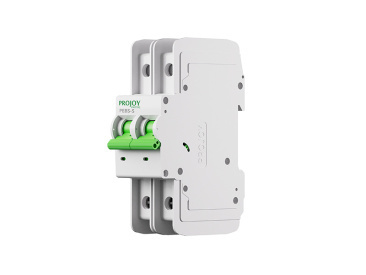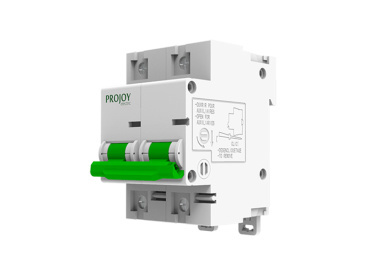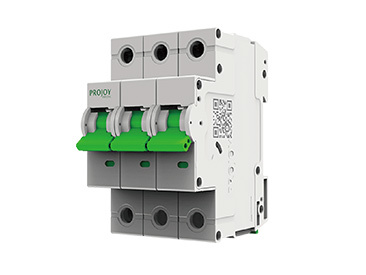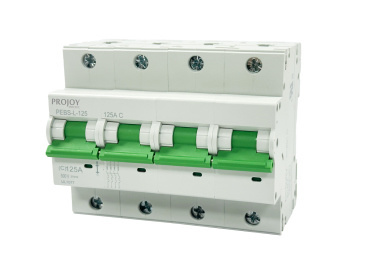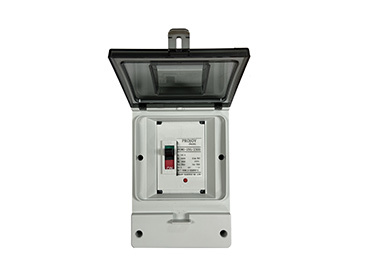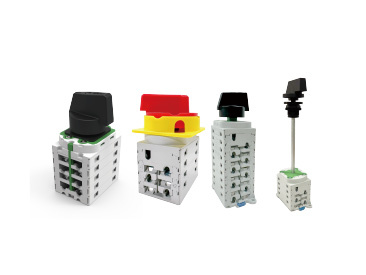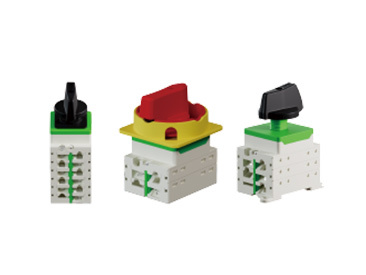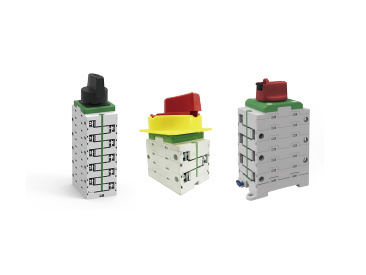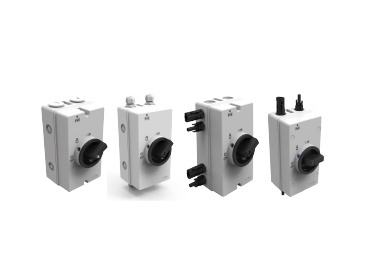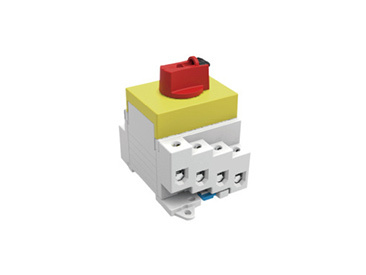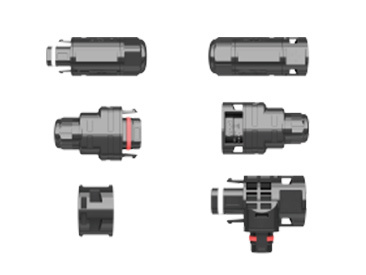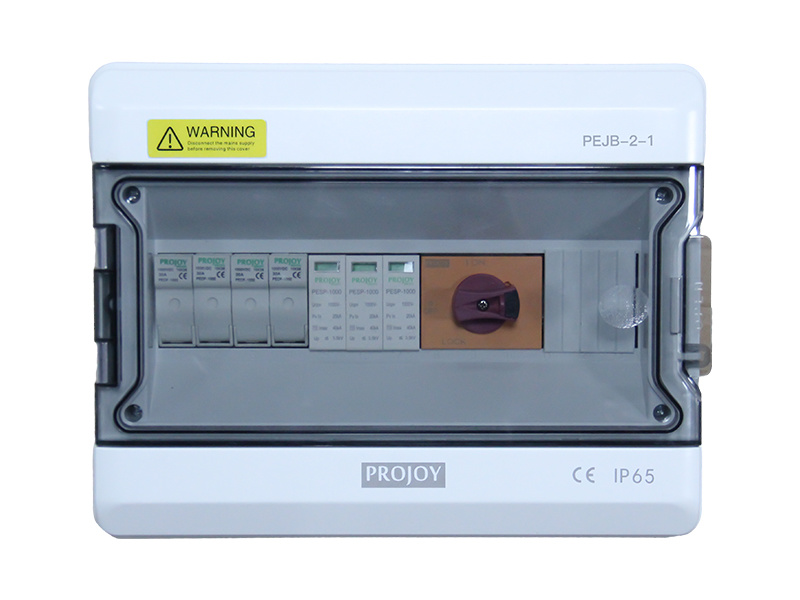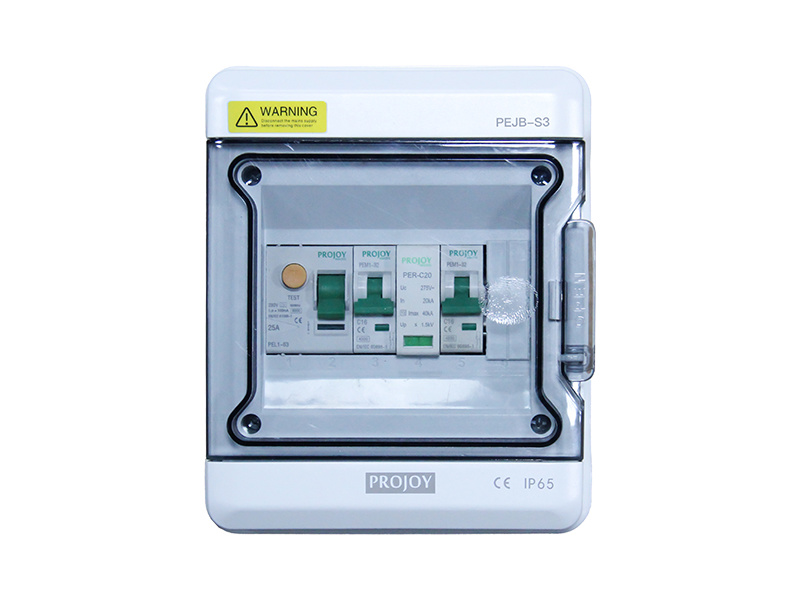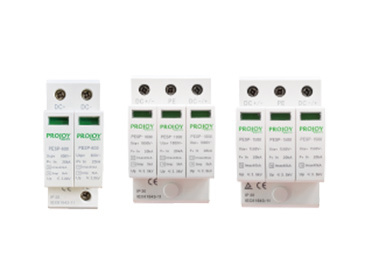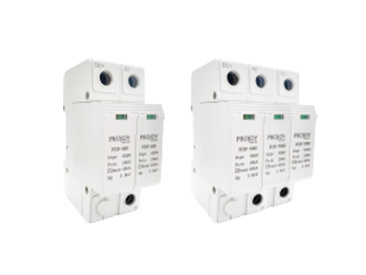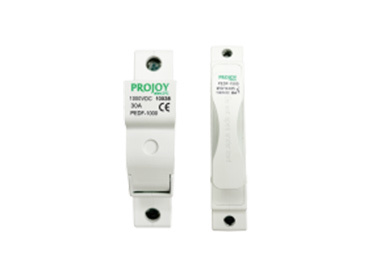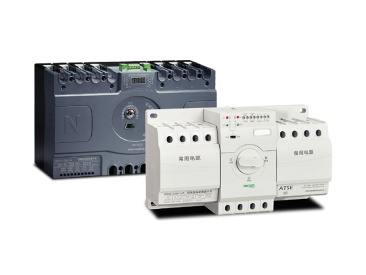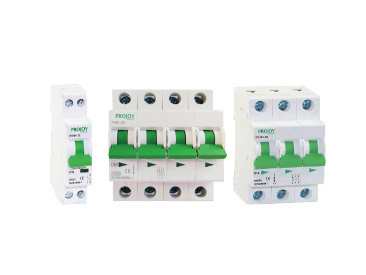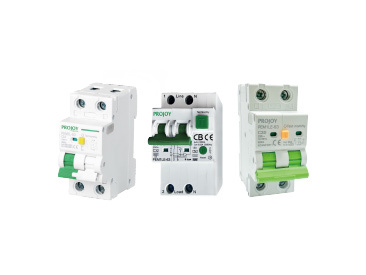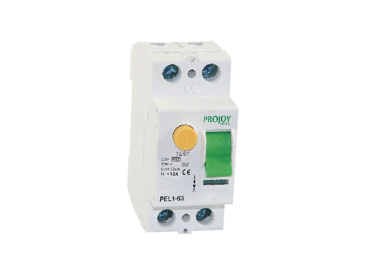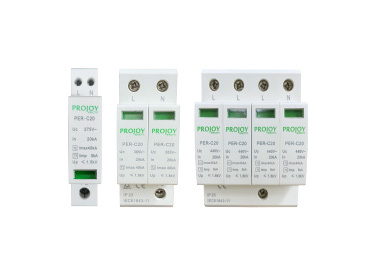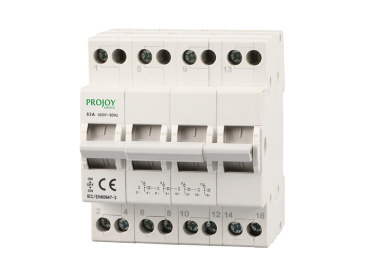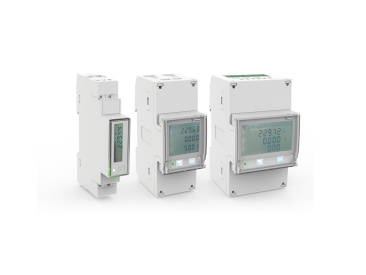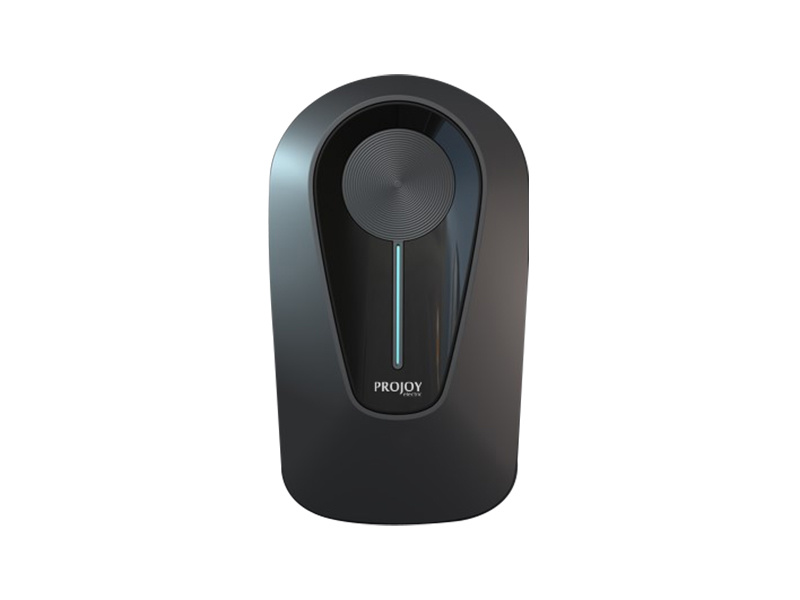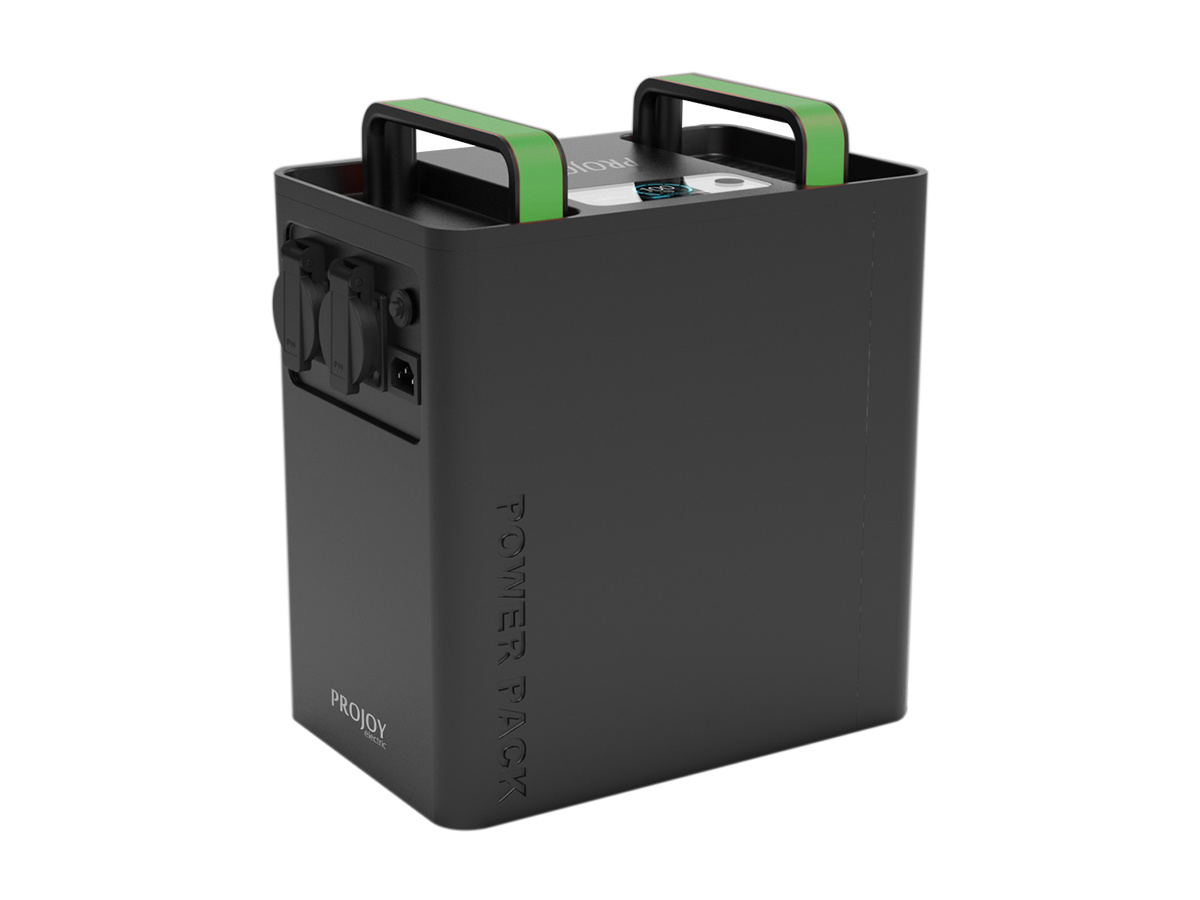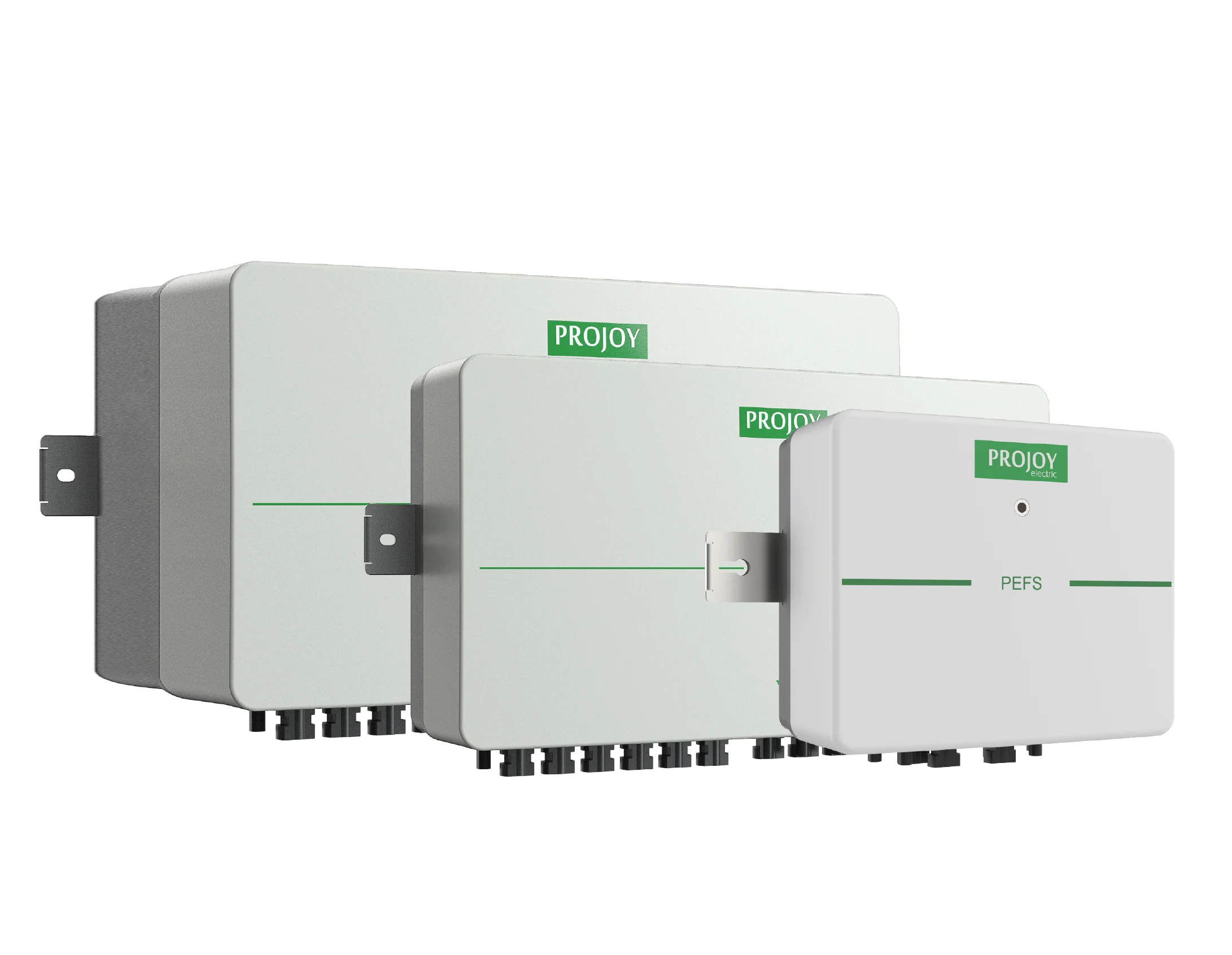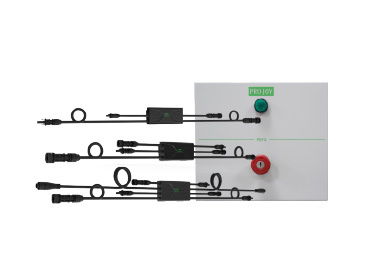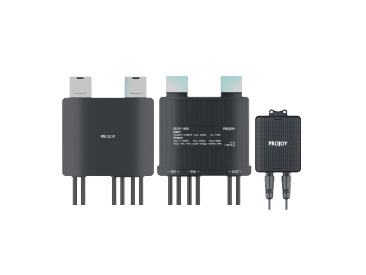Understanding AC Connectors: Essential Components for Electrical Applications
---
AC connectors play a crucial role in the realm of electrical and electronic systems, acting as the interface between various components. These connectors are designed to facilitate the transfer of alternating current (AC) power, making them indispensable in numerous applications, from household appliances to industrial machinery.
One of the primary reasons AC connectors are so widely used is their ability to handle high voltage and current levels safely. They come in various configurations, each suited for specific applications. Common types of AC connectors include plug-in connectors, panel mount connectors, and locking connectors. Each type has its unique advantages, enabling users to select the most appropriate solution based on their specific needs.
When choosing an AC connector, there are several factors to consider. First and foremost is the current and voltage rating. It’s critical to select a connector that can handle the required electrical load without risk of overheating or failure. Additionally, environmental factors such as moisture, dust, and temperature extremes can influence performance. Therefore, connectors designed for harsh environments often include sealing features to protect against contaminants.
Another critical aspect is the mechanical design of the connector. This includes features such as the locking mechanism, which can prevent accidental disconnections. Many industrial applications require connectors that can withstand vibrations and movement, making robust mechanical designs essential for reliability.
Furthermore, compatibility with existing systems is vital. It’s important to ensure that the chosen AC connector can seamlessly integrate with other components in your setup. This includes considering the connector size, pin configuration, and installation method. Consulting technical specifications and compatibility charts can be helpful in this regard.
In addition to performance and compatibility, safety standards should not be overlooked. AC connectors are often subject to various industry regulations, ensuring they meet safety and quality benchmarks. Familiarizing yourself with relevant standards can help ensure compliance and avoid potential hazards.
In conclusion, AC connectors are fundamental to the integrity and functionality of electrical systems. By understanding the types, applications, and selection criteria associated with these connectors, professionals can make informed decisions that enhance safety and efficiency in their projects. Whether you are working on residential electrical systems or complex industrial setups, selecting the right AC connector is a critical step in ensuring optimal performance and reliability.
AC connectors play a crucial role in the realm of electrical and electronic systems, acting as the interface between various components. These connectors are designed to facilitate the transfer of alternating current (AC) power, making them indispensable in numerous applications, from household appliances to industrial machinery.
One of the primary reasons AC connectors are so widely used is their ability to handle high voltage and current levels safely. They come in various configurations, each suited for specific applications. Common types of AC connectors include plug-in connectors, panel mount connectors, and locking connectors. Each type has its unique advantages, enabling users to select the most appropriate solution based on their specific needs.
When choosing an AC connector, there are several factors to consider. First and foremost is the current and voltage rating. It’s critical to select a connector that can handle the required electrical load without risk of overheating or failure. Additionally, environmental factors such as moisture, dust, and temperature extremes can influence performance. Therefore, connectors designed for harsh environments often include sealing features to protect against contaminants.
Another critical aspect is the mechanical design of the connector. This includes features such as the locking mechanism, which can prevent accidental disconnections. Many industrial applications require connectors that can withstand vibrations and movement, making robust mechanical designs essential for reliability.
Furthermore, compatibility with existing systems is vital. It’s important to ensure that the chosen AC connector can seamlessly integrate with other components in your setup. This includes considering the connector size, pin configuration, and installation method. Consulting technical specifications and compatibility charts can be helpful in this regard.
In addition to performance and compatibility, safety standards should not be overlooked. AC connectors are often subject to various industry regulations, ensuring they meet safety and quality benchmarks. Familiarizing yourself with relevant standards can help ensure compliance and avoid potential hazards.
In conclusion, AC connectors are fundamental to the integrity and functionality of electrical systems. By understanding the types, applications, and selection criteria associated with these connectors, professionals can make informed decisions that enhance safety and efficiency in their projects. Whether you are working on residential electrical systems or complex industrial setups, selecting the right AC connector is a critical step in ensuring optimal performance and reliability.
More News
Aug 05,2025
Product Selection Guide: PROJOY PEBS Series Miniature Circuit Breaker
PROJOY Electric has a full range of DC circuit breaker products, including miniature circuit breakers (MCBs) and molded case circuit breakers (MCCBs). According to different application scenarios and requirements, they are divided into high-voltage, low-voltage and waterproof box versions.
View Detail
Mar 13,2025
PV Combiner Box: A Vital Component in Solar Power Systems
Solar energy systems rely on a network of components to efficiently convert sunlight into usable electricity. One critical yet often overlooked device in this chain is the photovoltaic (PV) combiner box. This article explains what a PV combiner box does, how it works, and why it is essential for both safety and performance in solar installations.
View Detail

